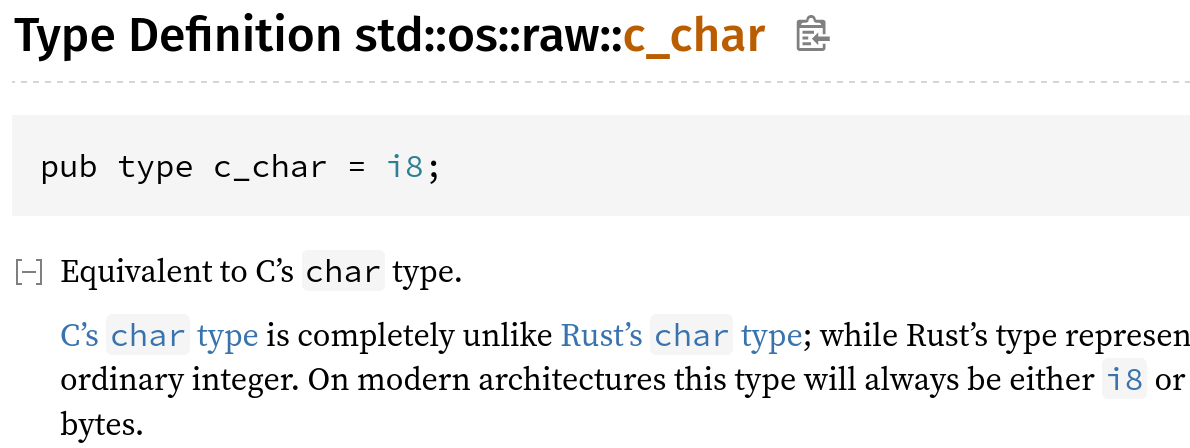This makes `PartialOrd` consistent with the other three traits in this
module, which all include links to their respective mathematical concepts
on Wikipedia.
Only traverse attrs once while checking for coherence override attributes
In coherence, while checking for negative impls override attributes: only traverse the `DefId`s' attributes once.
This PR is an easy way to get back some of the small perf loss in #93175
Clarify the `usage-of-qualified-ty` error message.
I found this message confusing when I encountered it. This commit makes
it clearer that you have to import the unqualified type yourself.
r? `@lcnr`
Introduce a limit to Levenshtein distance computation
Incorporate distance limit from `find_best_match_for_name` directly into
Levenshtein distance computation.
Use the string size difference as a lower bound on the distance and exit
early when it exceeds the specified limit.
After finding a candidate within a limit, lower the limit further to
restrict the search space.
Add test for stable hash uniqueness of adjacent field values
This PR adds a simple test to check that stable hash will produce a different hash if the order of two values that have the same combined bit pattern changes.
r? `@the8472`
Define c_char using cfg_if rather than repeating 40-line cfg
Libstd has a 40-line cfg that defines the targets on which `c_char` is unsigned, and then repeats the same cfg with `not(…)` for the targets on which `c_char` is signed.
This PR replaces it with a `cfg_if!` in which an `else` takes care of the signed case.
I confirmed that `x.py doc library/std` inlines the type alias because c_char_definition is not a publicly accessible path:

It's simply a binary thing to allow different behaviour for `Copy` vs
`!Copy` types. The new code makes this much clearer; I was scratching my
head over the old code for some time.
If hir_owner is Owner(_), the LocalDefId is pointing to an owner, so the ItemLocalId is 0.
If the HIR node does not exist, we store Phantom.
Otherwise, we store the HirId associated to the LocalDefId.
The creation of libc::sockaddr_un is a safe operation, no need for it to
be unsafe.
This also uses the more performant copy_nonoverlapping instead of an
iterator.
Ignore unwinding edges when checking for unconditional recursion
The unconditional recursion lint determines if all execution paths
eventually lead to a self-recursive call.
The implementation always follows unwinding edges which limits its
practical utility. For example, it would not lint function `f` because a
call to `g` might unwind. It also wouldn't lint function `h` because an
overflow check preceding the self-recursive call might unwind:
```rust
pub fn f() {
g();
f();
}
pub fn g() { /* ... */ }
pub fn h(a: usize) {
h(a + 1);
}
```
To avoid the issue, assume that terminators that might continue
execution along non-unwinding edges do so.
Fixes#78474.